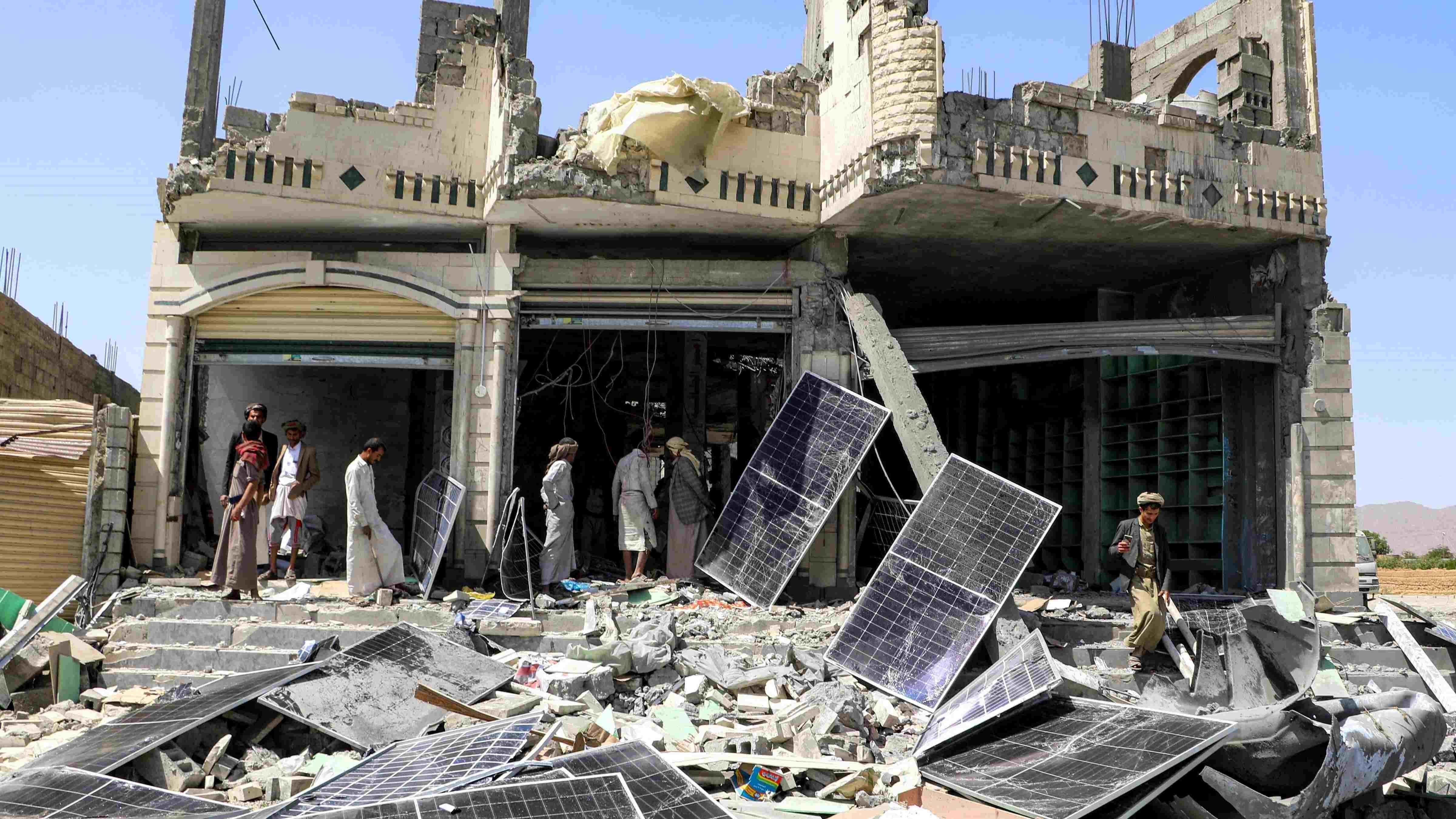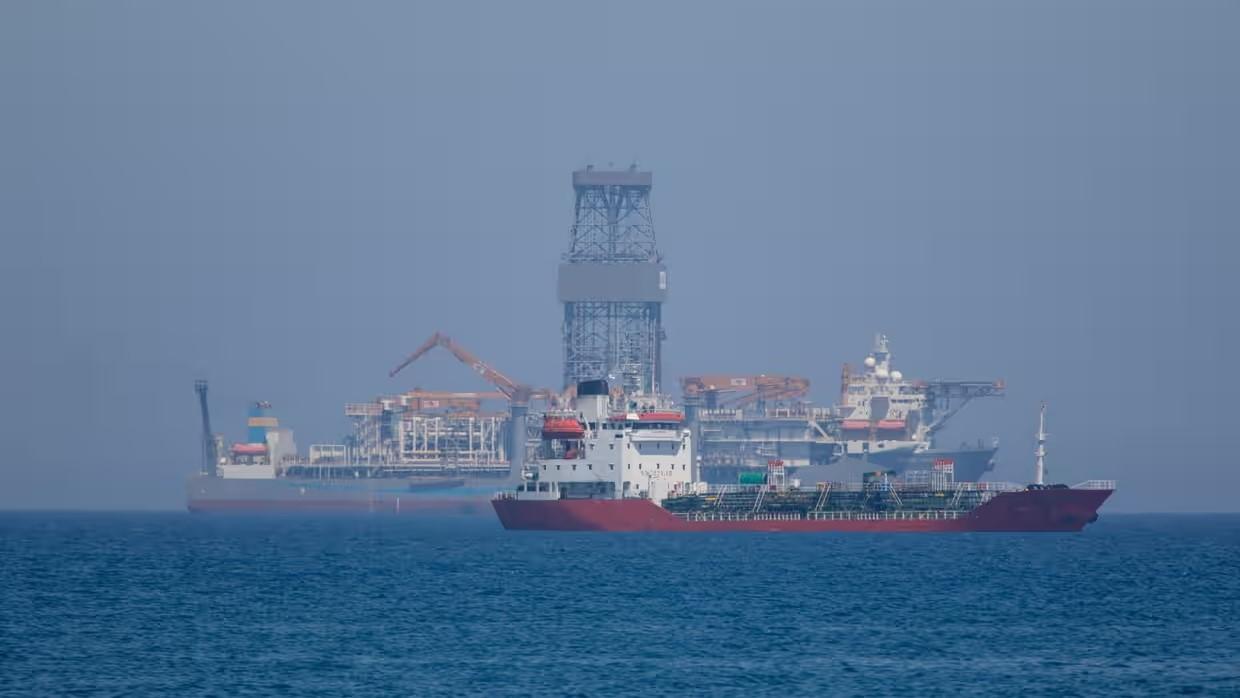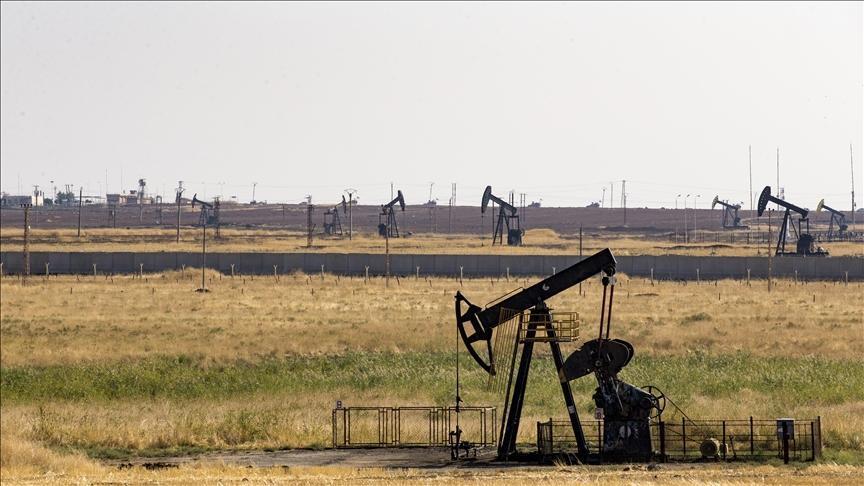Times are changing
Two weeks after the meeting between the Turkish foreign minister and his counterpart in Athens and one-and-a-half year after the last face-to-face meeting between President Recep Tayyip Erdoğan and the Greek Prime Minister Kyriakos Mitsotakis, the two leaders are expected to meet once again on Monday in Brussels on the sidelines of the NATO Summit. The Turkish president confirmed the meeting, adding that he will also meet with U.S. President Joe Biden and several other world leaders.
Let us remember that Erdoğan and Mitsotakis had met twice before in September and December 2019. But the Greek leader had only been a few months in power since the July 19 general elections. So, both meetings were really “warming up” sessions, whereby both sides, through their officials, folded out their positions, expressing their mutual wish to resolve their bilateral problems eventually.
A year and a half later, though, the relations of these two neighbors went from bad to worse, with each challenging the rights of the other, mainly over maritime zones in the Aegean and east Mediterranean. Both were displaying a deep-seated lack of mutual trust despite their seemingly genuine efforts to find concrete solutions. Last summer was the worst where they almost came close to an actual confrontation or an “accident” in the waters of east Mediterranean.
There was, however, an easing off after the stormy summer of 2020. A process initiated by the E.U., under the vague heading of “positive agenda” for Turkey, it included encouraging a dialogue between Turkey and Greece. It imposed certain conditions on Ankara for “avoiding provocative actions” in the east Mediterranean. At the same time, though, Europeans, mainly Germany, made sure to keep both sides happy and infuriated Greece by excluding it from the 2nd Meeting of the Libyan Conference to be hosted in Berlin on June 23.
This carefully treaded diplomacy has also launched a new process of diplomatic dialogue between Greece and Turkey whereby both sides exercise self-restraint. However, so far, they have been insisting on their own set of priorities. Ankara seems to be placing its hopes on Brussels and Berlin, while Athens believes it can get more support from Washington than Brussels.
Athens sees the new U.S. administration as being more sympathetic to its stance. And there is talk that the Americans have been preparing for a Plan B to deepen their geostrategic cooperation with Greece if things with Turkey get sour.
There are signs of that. U.S. Secretary of State Antony Blinken, speaking to the U.S. Senate Committee on Foreign Relations, confirmed that “there are differences with Turkey in many areas” and pointed out that Biden was to put Turkey’s “deeply problematic actions” in the eastern Mediterranean to Erdoğan when they meet on Monday. At the same time, the U.S. Senate went on a step further. Senators Menendez and Rubio introduced new legislation to support the modernization of the Greek military, “authorizing new transfers of American military equipment.”
Will the Biden administration demote Turkey as a critical NATO ally and perhaps look towards Greece as an alternative?
We all know the “thorns” in the relation: The S-400s, F-35s, human rights and so on.
However, Turkish Foreign Minister Mevlüt Çavuşoğlu told us the other day that “Turkey is approaching the upcoming meeting between Erdoğan and Biden with a positive agenda,” adding that Ankara has received similar optimistic signals from Washington.” Pentagon’s confirmation that Ankara is in the midst of talks with the U.S. about Kabul airport showed that the Erdoğan -Biden meeting might result in positive news.
“I believe that our meeting with Mr. Biden at the NATO Summit will be the harbinger of a new era,” Erdoğan said himself.
I do not think that long-held geostrategic bonds such as those between the U.S. and Turkey can alter radically. But they may be amended or adjusted to include or exclude specific parameters. As the U.S. Deputy Secretary of State Wendy Sherman, who was in Ankara days ago, said, “It’s not a simple relationship... but they are an important NATO ally for all of us. I think we have to continue to work on building and sustaining that relationship.”
On the other hand, I do not think that there will be a radical change in the essence of the Greece-U.S. relations for the moment. But there might be a more substantial American military presence in the area.
The outcome of Erdoğan-Biden meeting on Monday will be a determining factor in the meeting of Mitsotakis- Erdoğan. And both meetings will weigh in the next important date in the June calendar: The EU Summit on the 24th-25th, from which Ankara expects a lot.











